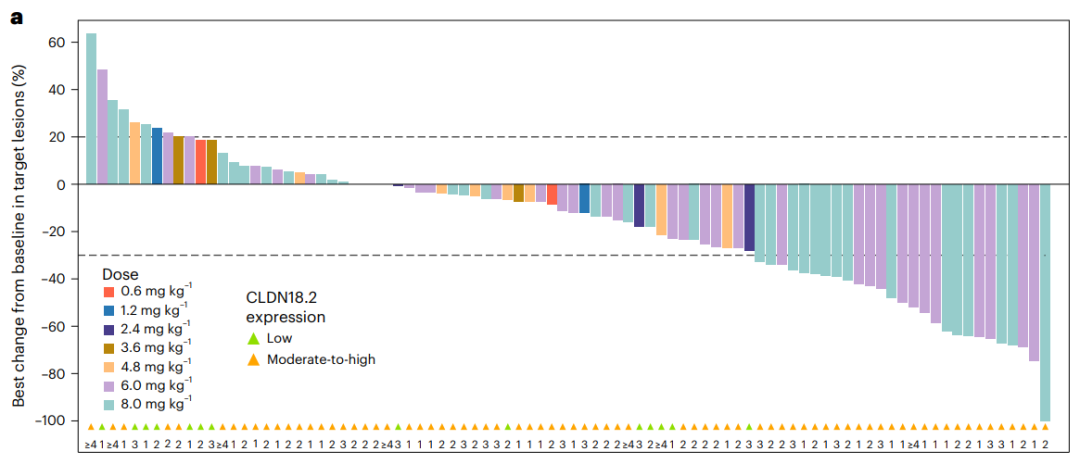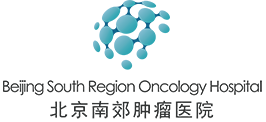On July 16, the top-tier international journal Nature Medicine published research data on SHR-A1904, an antibody-drug conjugate (ADC) targeting claudin 18.2 (CLDN18.2), for the treatment of advanced gastric cancer or gastroesophageal junction cancer (GC/GEJC). The researchers conducted a first-in-human, three-stage, Phase 1 clinical trial to evaluate the efficacy of SHR-A1904 in 95 previously treated patients with CLDN18.2-positive advanced G/GEJ cancer.

At present, there are still many clinical trials of new anti-cancer technologies in China seeking patients. Consultation on new drugs and technologies, you can contact Beijing South Region Oncology Hospital International Department.
Phone Number:4008803716
WeChat ID: 17801183037
Email:myimmnet@163.com
Claudin-18 isoform 2 (CLDN18.2), a tight junction protein expressed in non-malignant gastric epithelium and exposed on tumor cell surface during malignant transformation, is a promising therapeutic target for gastric and gastroesophageal junction (G/GEJ) cancers. SHR-A1904 is an antibody–drug conjugate comprising CLDN18.2-targeting monoclonal antibody, a DNA topoisomerase I inhibitor payload and a cleavable peptide-based linker.
In the dose-escalation stage (0.6–8.0 mg kg−1), dose-limiting toxicities were observed in two patients at 4.8 mg kg−1 (grade 3 febrile neutropenia and grade 3 increased blood bilirubin) and in one patient at 6.0 mg kg−1 (grade 3 gastric mucosal lesion). The maximum tolerated dose was not reached, and 6.0 mg kg−1 and 8.0 mg kg−1 were selected for pharmacokinetic and efficacy expansion. Treatment-emergent adverse events occurred in all 95 patients, most commonly anemia (72 (75.8%)), nausea (64 (67.4%)), hypoalbuminemia (61 (64.2%)) and decreased white blood cell count (56 (58.9%)). Additionally, 59 patients (62.1%) experienced drug-related grade 3 or higher adverse events. No treatment-related deaths were reported. Among response-evaluable patients, the confirmed objective response rate was 24.2% (95% confidence interval (CI), 11.1–42.3) at 6.0 mg kg−1 and 25.0% (95% CI, 12.1–42.2) at 8.0 mg kg−1. The median progression-free survival was 5.6 months (95% CI, 3.0–6.9) at 6.0 mg kg−1 and 5.8 months (95% CI, 3.0–8.6) at 8.0 mg kg−1. In conclusion, SHR-A1904 demonstrated a manageable safety profile and encouraging anti-tumor activity in patients with CLDN18.2-positive G/GEJ cancer, warranting further investigation.

At present, there are still many clinical trials of new anti-cancer technologies in China seeking patients. Consultation on new drugs and technologies, you can contact Beijing South Region Oncology Hospital International Department.
Phone Number:4008803716
WeChat ID: 17801183037
Email:myimmnet@163.com
Post time: Jul-24-2025

